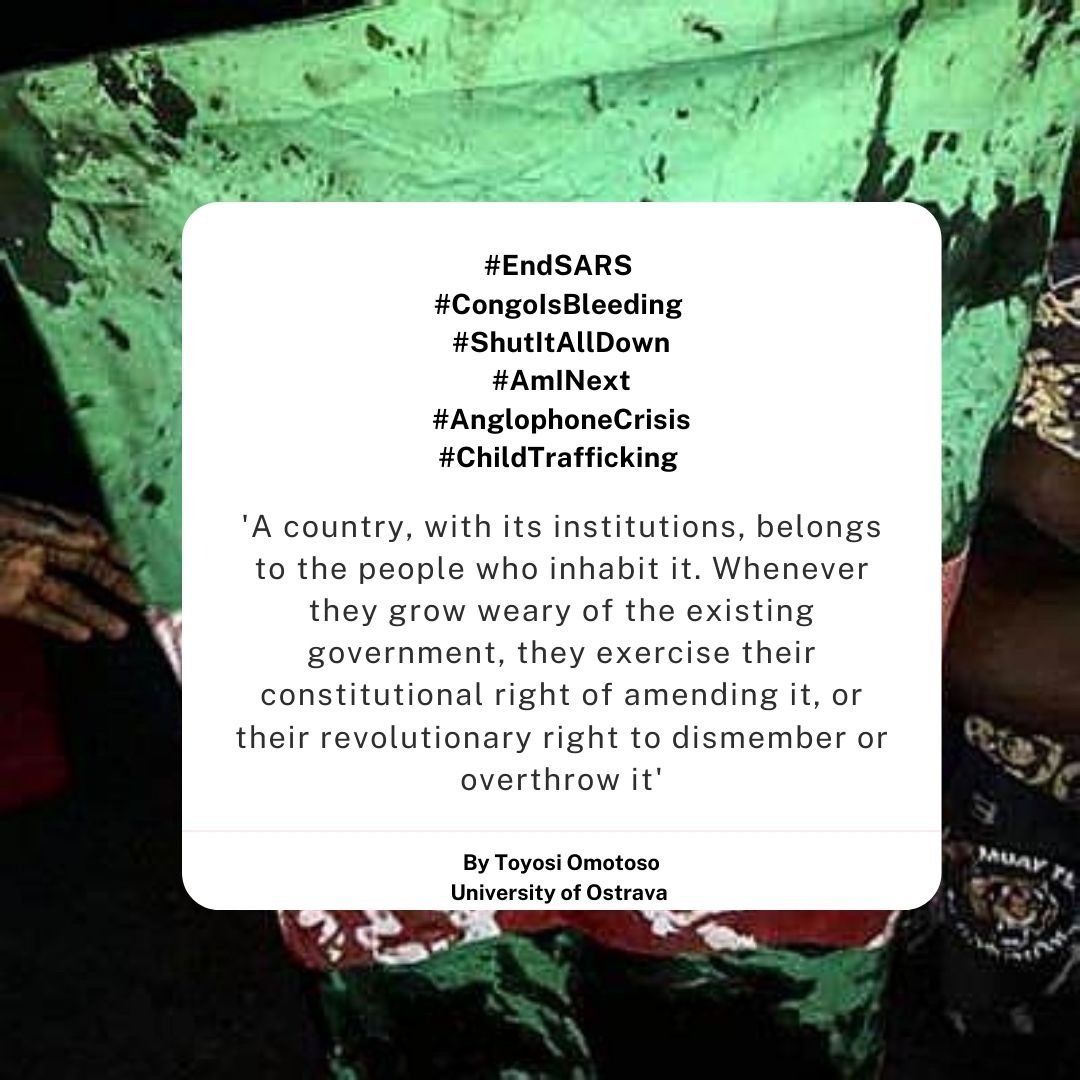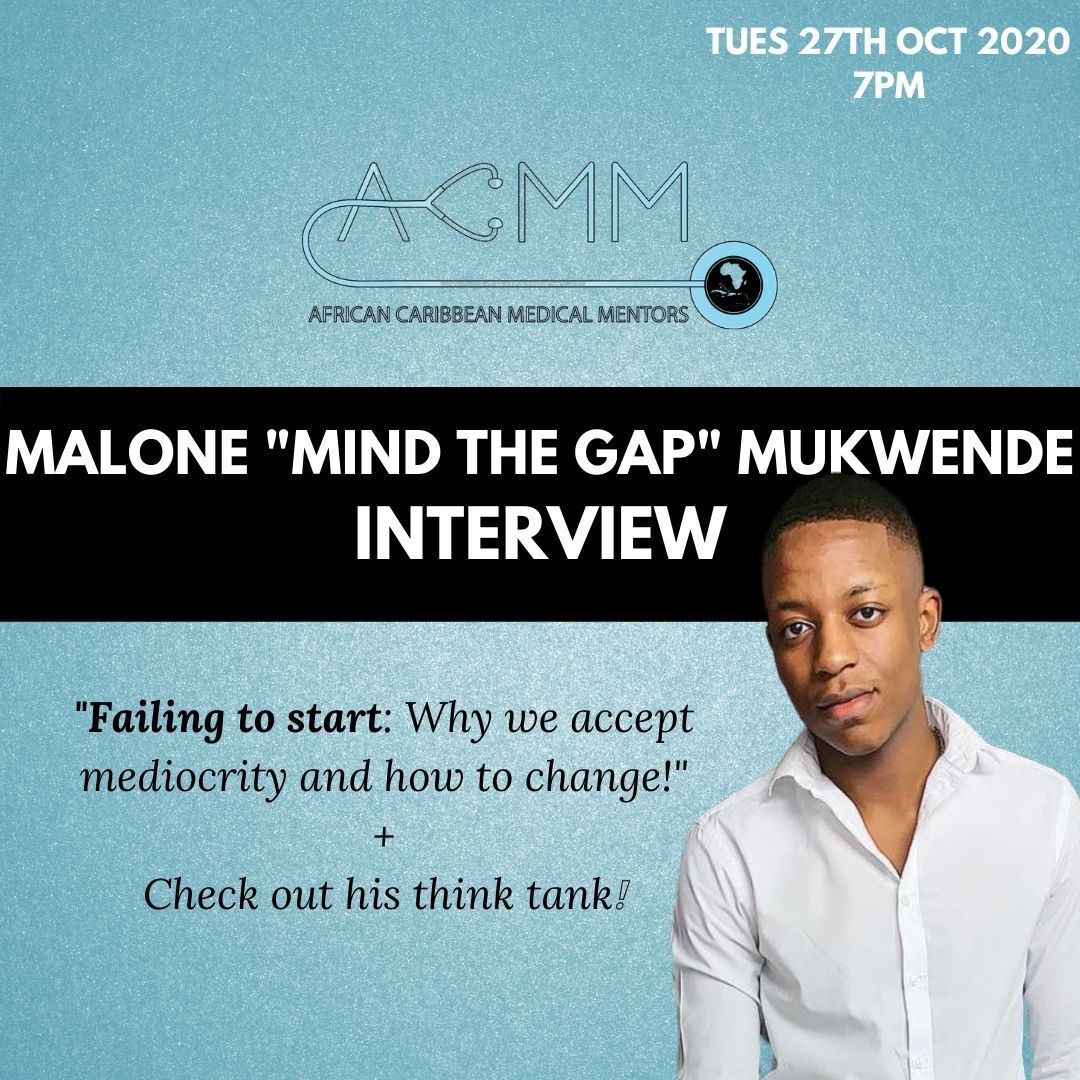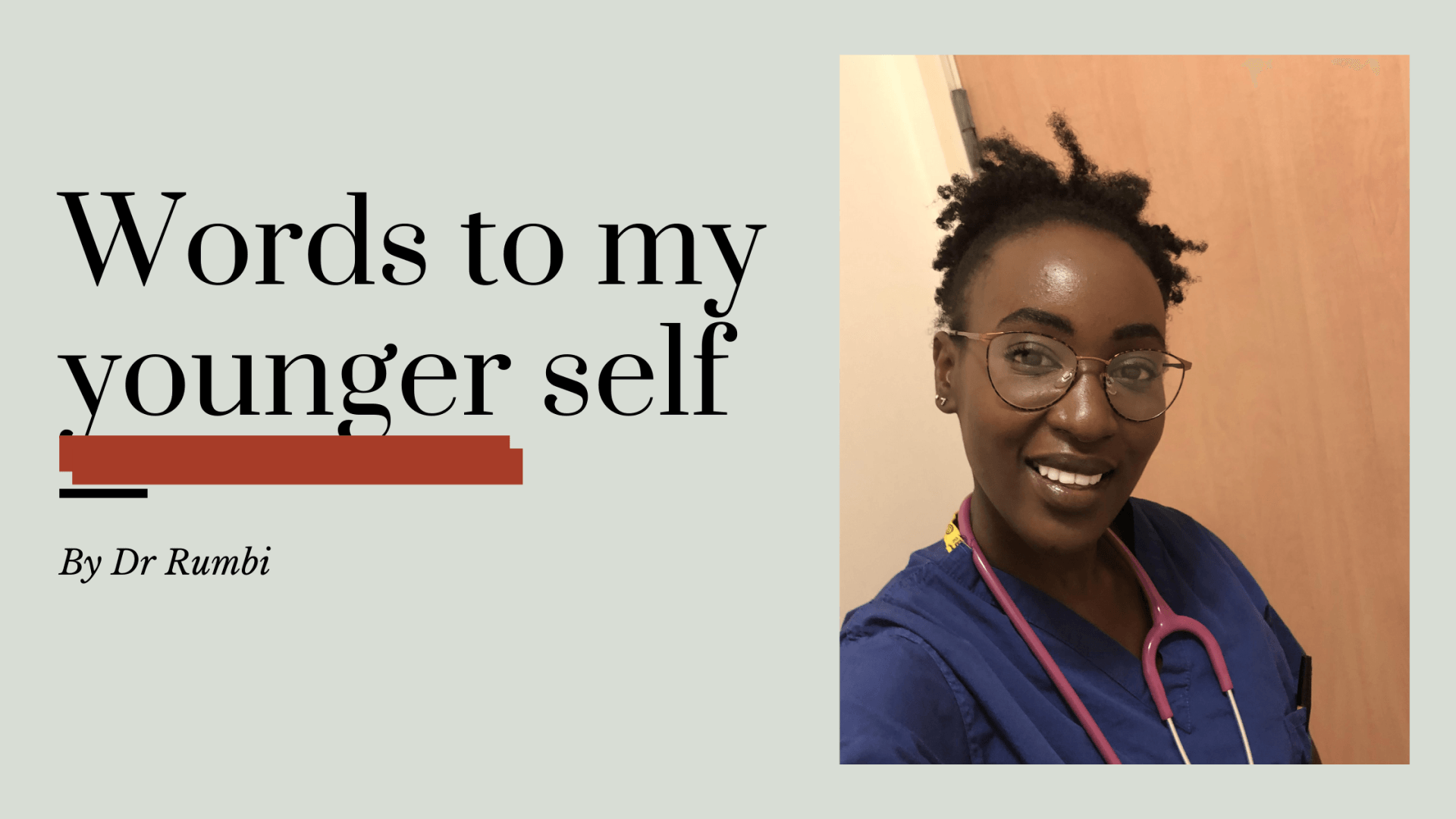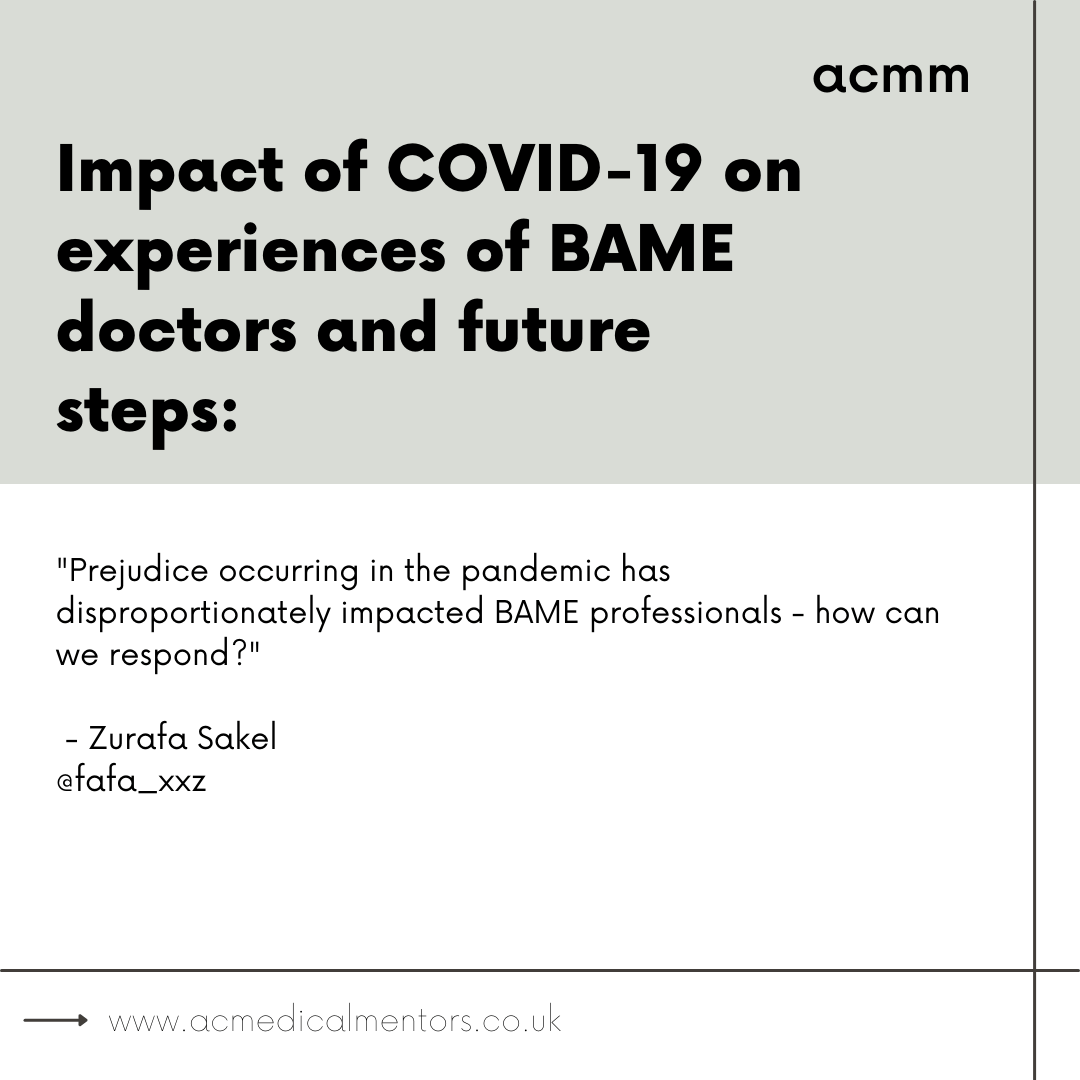Studying as a graduate entry medical student
Medicine is all I have wanted to do since I was about 15. I never had a concrete reason why, but I would say I’m quite an intuitive person, and my spirit just took to medicine, it fit for me. I failed to secure an offer the first time round, so after achieving a first-class degree in Biomedical Science, I currently study Graduate Medicine at the University of Birmingham.
Studying medicine as a Graduate is rewarding, and for the most part very enjoyable. I can’t see myself doing anything else. However, it has brought certain challenges which I wanted to share in this post for anyone that can relate to this, whilst giving a realistic idea for those considering it.
Firstly, it is really intense, I will be studying consecutively for 7 years. Within that time, I have completed one degree, applied for Graduate Medicine (which is extremely competitive) and studied the entire 2-year preclinical course in less than a year. This is why it is so important to take breaks and be realistic with your workload to avoid burning out. I have multiple outlets which give me a breather and allow me to enjoy myself outside of medicine. I play netball, spend time with loved ones, run ACMM, attend every soca event possible and countdown to carnival every year. These things allow me to have a life outside of medicine which is crucial.
Also, the funding for the Graduate Entry Course is substantially different to the undergraduate course. For the first year, it requires a contribution of over three thousand pounds, and in subsequent years you get a combination of student finance and the NHS bursary which is usually less than your previous student finance loan. It is therefore common that there is a financial pressure on graduate students, which is why many have a year out prior to beginning the course in order to save. I had an offer straight from Biomedical Science so was not able to do this. Unfortunately, financial pressure is not uncommon amongst students in general, but it is an even more important consideration for Graduate Entry Medicine.

As a graduate, you are older than a lot of your peers – meaning your age mates are usually working, and earning money whilst you are still relying on student finance England to drop money that doesn’t cover your rent. However, I work during the holidays and sometimes throughout my degree to make sure I can still live and enjoy life as much as being at university will allow. This comparison is hard to deal with at times, especially when your peers may have the time and money to do things that you can’t. It can be frustrating and draining to say no to things but I try and remind myself that it is only me that will be crying on the wards if I don’t prioritise my work or stretch myself too thin. I am lucky, I have an amazing support network who understand my situation and support me as much as they can. It is easy to resent your situation when you feel behind, but I always try to remember that I am exactly where I am meant to be.

Despite these challenges, studying medicine is a huge privilege. Speaking to patients who remind you of your relatives, and knowing you can make a personal difference to them is so rewarding. The silent support and respect you receive from strangers when you say your career path reminds you of its worth and value to the community. As a graduate, I have found I am more equipped to deal with the difficult parts of medicine – the sometimes draining hospital environment, seeing sick patients and upset families, and the lack of resources. My journey hasn’t been the easiest, but despite it being one of the hardest things I’ve ever done, I know once I graduate, it will be the best thing I’ve ever done.
More on graduate entry medicine:
1. Entry requirements for graduate medicine
2. See our annual medical application conference which covers the graduate entry medical process. Also feel free to get in touch with us if you require more advice!










